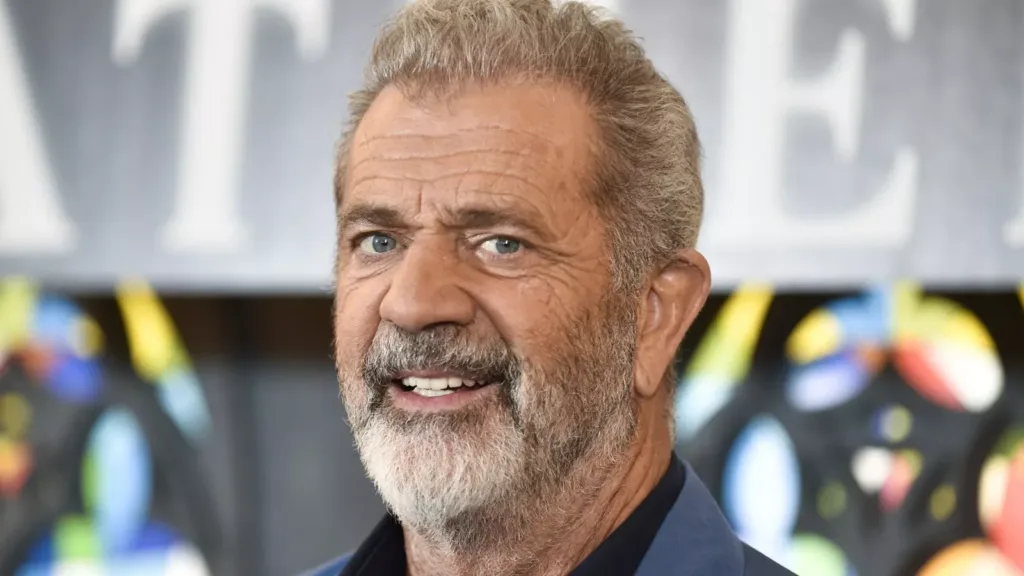Italian Culture Minister Alessandro Giuli met director Mel Gibson in Matera on 22 May, shaking hands on scouting visits for “The Resurrection of the Christ,” the long-promised sequel to 2004’s “The Passion of the Christ.” Giuli told reporters he wants to “encourage large Italian and international productions” to keep using the city’s ancient Sassi district, which hosted key scenes in the original film.
Production is scheduled to start in August at Rome’s Cinecittà Studios before moving to rural locations in Basilicata and Puglia, according to studio chief Manuela Cacciamani. Additional exteriors will again be shot among Matera’s cave dwellings, reinforcing the government’s drive to brand the region as a natural backlot.
Financing received a boost last week when Lionsgate boarded the project alongside Gibson’s Icon Productions. Studio chair Adam Fogelson called the sequel “an awe-inspiring and spectacularly epic theatrical film.” The deal marks the first major U.S. distributor attached since the original picture grossed roughly $610 million worldwide two decades ago.
Gibson has described the screenplay, co-written with Randall Wallace, as a non-linear drama spanning “the fall of the angels to the death of the last apostle,” and he revealed that the story may unfold across two films. On the Joe Rogan podcast he said the shoot will explore hell, Sheol and other realms, calling the attempt “super ambitious.” Jim Caviezel is set to reprise the role of Jesus, with digital de-ageing techniques bridging the 21-year gap since the first instalment.
The original movie was embraced by many Christian viewers yet condemned by Jewish organizations for repeating anti-Semitic tropes, and critics have already urged Gibson to address those concerns in the new screenplay. Times of Israel noted that several groups remain wary after Gibson’s past controversies, while the Anti-Defamation League has warned against “old stereotypes cloaked in prestige production.”
Giuli’s predecessor, Gennaro Sangiuliano, had likewise courted Hollywood shoots, arguing that Cinecittà can anchor a “new golden age” for Italian cinema. The ministry is now offering expanded tax credits worth up to 40 percent of eligible spend, a measure that helped secure Gibson’s commitment to film entirely in Italy, according to industry outlet We the Italians. With pre-production under way and location scouts active across the south, cameras are expected to roll within three months, targeting a 2026 theatrical release.
